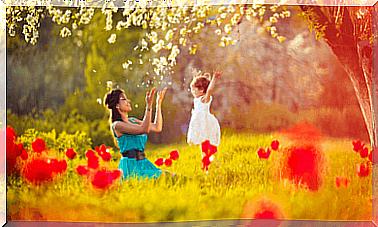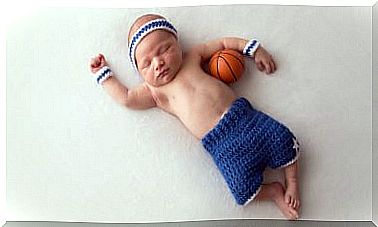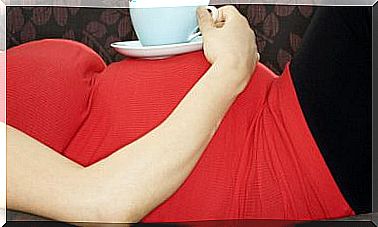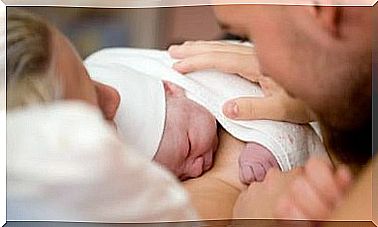Is It True That Children Are A Blank Sheet?
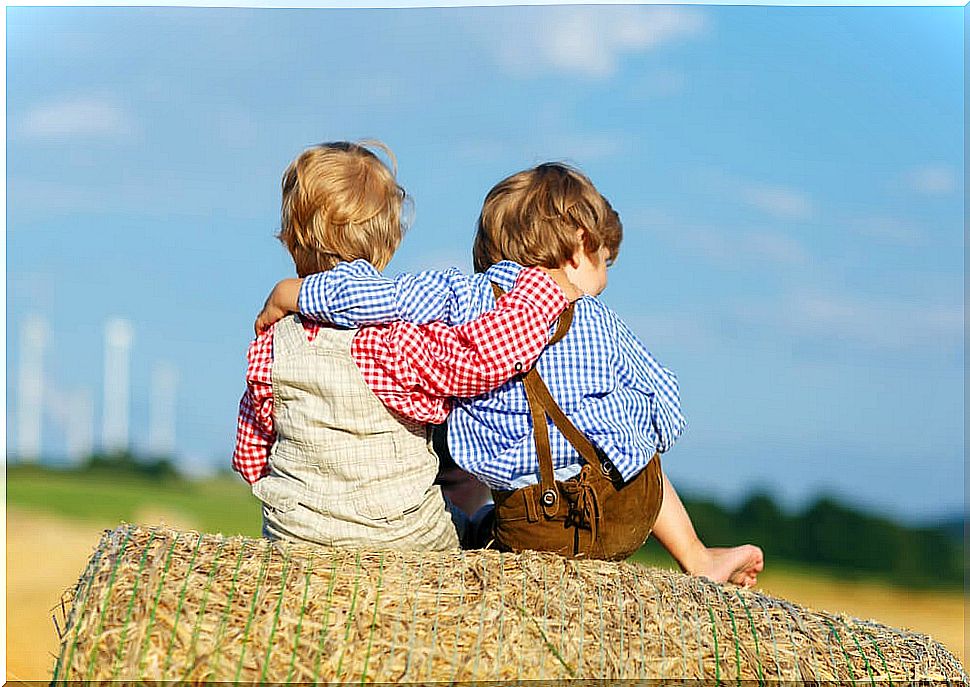
Surely, at some point, you have heard the expression that children are a blank sheet. That their minds are totally clean and create what they are from their environment. However, do you know where this statement comes from? Is it really true?
If this were the case, we adults would have the great opportunity and responsibility to shape the little ones. We could turn them into talented, good, and happy people. Or, if we did a bad job, our children would be lacking, fearful, selfish, and miserable. Let’s analyze the existing evidence regarding this matter.
The tabula rasa
The idea comes from the hand of the philosopher John Locke, who affirms that the human being comes into existence without any type of knowledge. At birth, our minds are blank slate, blank pages on which there is nothing written.
According to the author, all knowledge is acquired through experience. From our experiences, we are forming concepts and associations, and shaping the person we will become.
Locke based his arguments on the great differences that exist between various cultures of the world. As well as the fact that babies do not know even the simplest words and do not recognize the most basic dangers, such as fire. There does not appear to be any trace of knowledge prior to the experience.
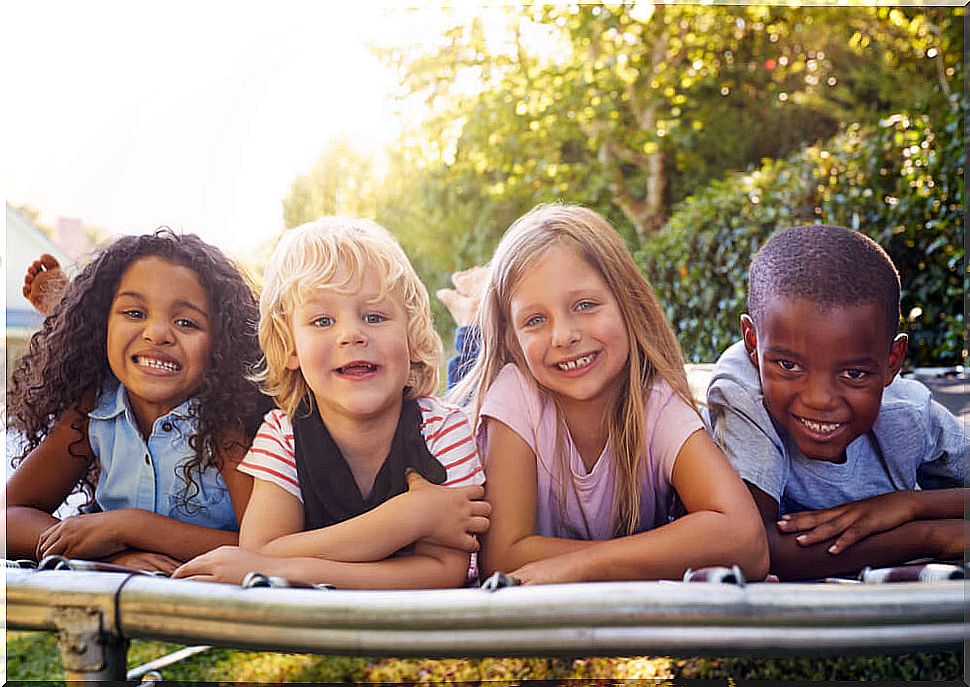
Children are not a blank sheet
However, the clean slate theory has been disproved, at least partially. Today we know that children are already born with certain instincts, traits and genetic predispositions. Some of these traits are:
- Babies are able to recognize an object that they have seen through touch. That is, they can establish an association between visual image and tactile information.
- Newborns are predisposed to react and pay attention to the faces of members of the same species. Even without having the necessary experience to recognize the traits that distinguish us from other animals, they innately detect and orient themselves towards other human beings.
- Temperament is an innate and unchangeable element that accompanies the child from the beginning and is easily recognizable in its first months of life. It refers to the degree to which the child tends to be open or fearful to the world. Your tendency to explore or to be cautious.
- The predisposition to excel in an activity or to show a natural talent is determined to a high degree by genetics. Even cognitive abilities are 50% determined by genes.
Then, the hypothesis that the minds of the little ones arrive in the world completely clean is disproved. We are all born with certain genetically inherited equipment that makes it easier for us to understand the rules of the world and adapt to it more effectively.
The environment is crucial
But this does not mean that the personality and destiny of the children is determined. Parenting and parenting play a truly significant role that can make a difference. Let us remember that, finally, the child will be the product of an interaction between genetics and the education received in his environment.
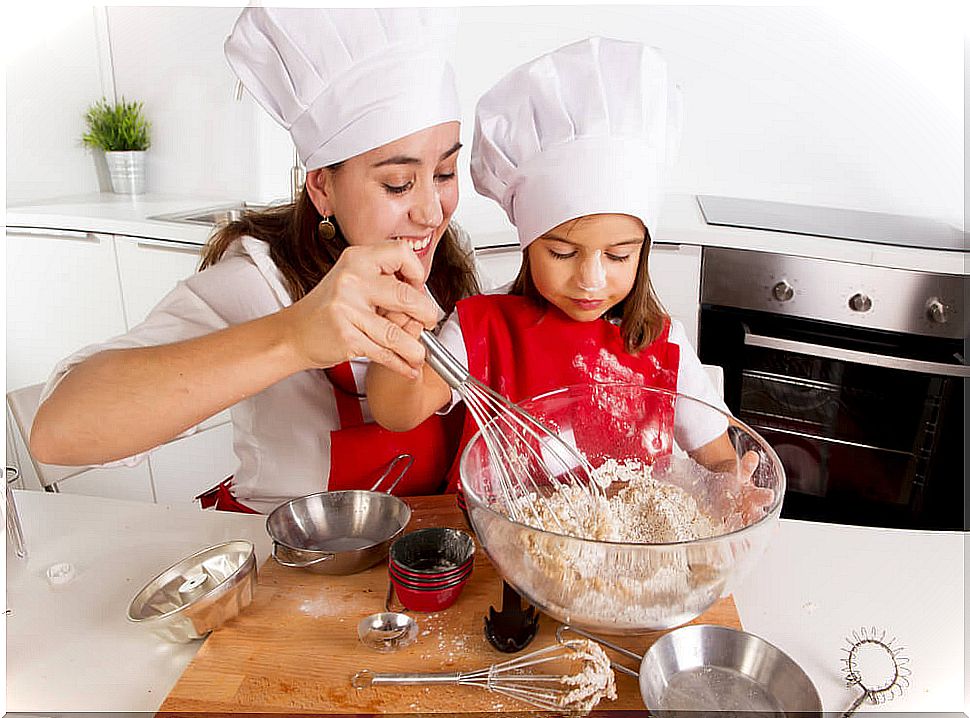
For example, being born with an inhibited or fearful temperament does not state that the child will suffer from anxiety or social difficulties, it is only a predisposition.
If parents provide the right tools and opportunities, they can counteract or offset this tendency. Therefore, the child will grow up with greater confidence and openness than that determined by his innate condition.
So, let’s try to see what is written on the page of our little ones not as a limitation, but as a starting point. Knowing your strengths, qualities and innate programming will help us to act in the best way to take advantage of you. Likewise, we will know in which features our action is most necessary.
So children are a blank sheet?
Parenting, environment, and early experiences can really make a difference. Therefore, although children are not a blank page, your love, your care and the education that you provide are very relevant.
Every second you invest in training your little one will pay off. You will be helping him to develop his abilities in the best possible way and you will be building his happiness. It may not be a blank page, but there are many lines that depend on what you write.


